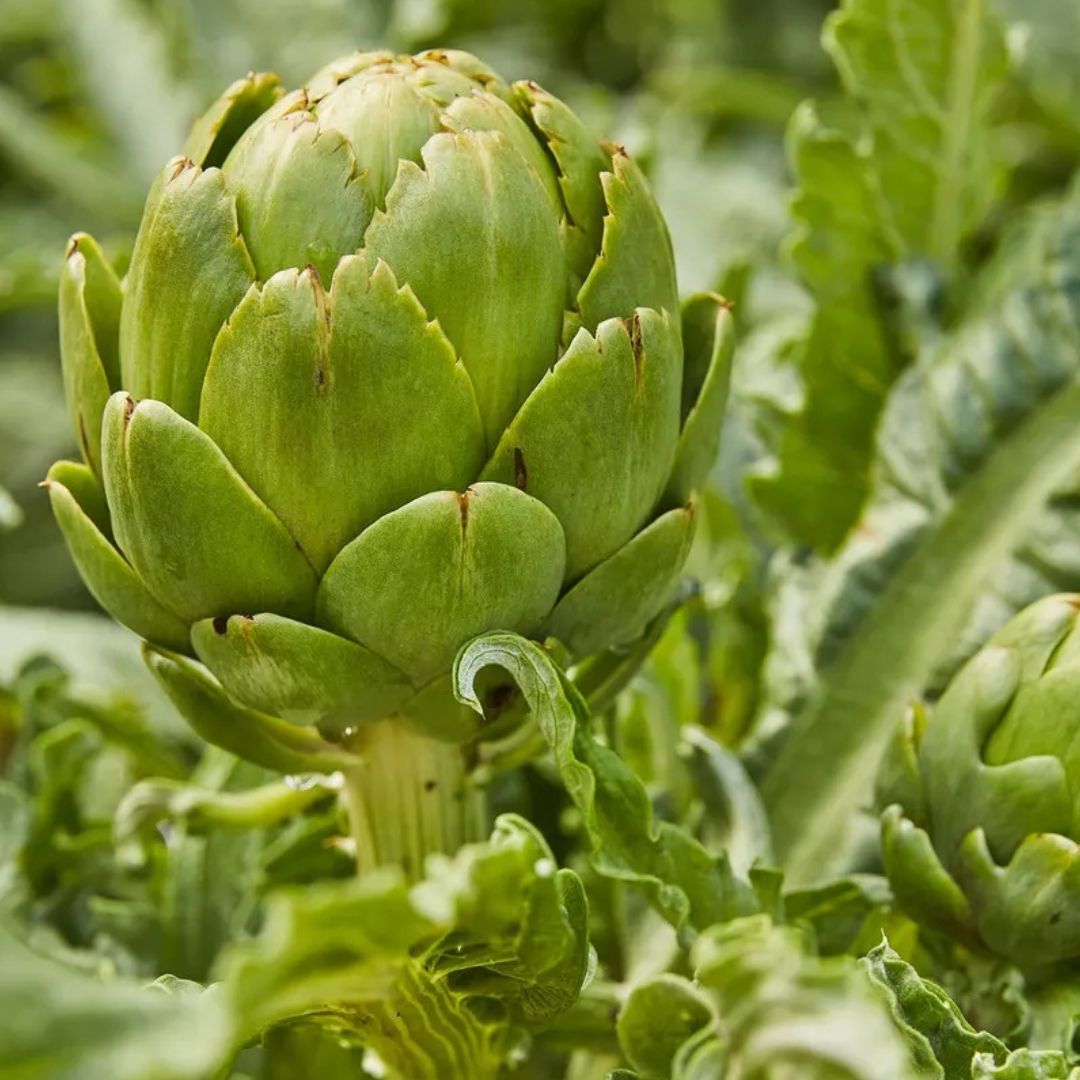

Collapsible rows
Use rows to highlight unique features,
sizing information,
or other sales information.
Use rows to highlight unique features,
sizing information,
or other sales information.
Use rows to highlight unique features,
sizing information,
or other sales information.
Use rows to highlight unique features,
sizing information,
or other sales information.
Use rows to highlight unique features,
sizing information,
or other sales information.
